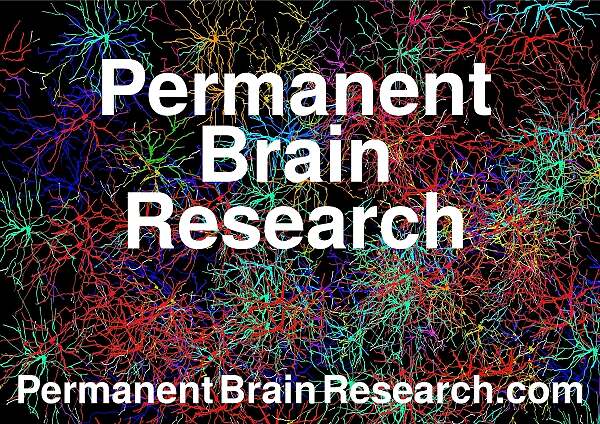Topical Bridges from Science to Everyday Life
On this page, you find a first approach of topical bridging between scientific research and private life. There is a central question on a publically known issue, answered by a scientific research paper or article. In this way, the platform permanentbrainresearch.com connects everyday life to science.
How can understanding nausea help manage my appetite when I’m feeling sick?
Researchers at the Max Planck Institute have identified a brain circuit that stops mice from eating when nauseous. Special nerve cells in the amygdala, activated during nausea, send appetite-suppressing signals, highlighting how the brain regulates eating behavior under different conditions.
Read this scientific article: Neurons spoil your appetite – A brain circuit inhibits food intake during nausea.
How can Brain-Computer-Interfaces help people with severe physical disabilities communicate?
The article discusses advancements in decoding brain activity related to specific thoughts using EEG signals. This research aims to develop BCIs that allow wholly paralyzed patients to communicate with the outside world again. This represents a significant step forward in neuroscience and technology, offering potential life-changing applications for individuals with severe physical disabilities.
Read this scientific article: Brain-Computer Interface: direct connection to thought
How does understanding rat brain time coding help with human neurological conditions?
The article discusses advancements in decoding brain activity related to specific thoughts using EEG signals. This research aims to develop BCIs that allow wholly paralyzed patients to communicate with the outside world again. This represents a significant step forward in neuroscience and technology, offering potential life-changing applications for individuals with severe physical disabilities.
Read this scientific article: Time coding in rat dorsolateral striatum
What does dendritic constancy mean for learning and memory in the human brain?
Dendritic constancy refers to how neurons maintain consistent responses despite varying dendritic structures. This principle suggests that learning and memory processes in the human brain could be stabilized by uniform neuronal excitability, ensuring efficient synaptic transmission and plasticity critical for storing and retrieving information, regardless of dendritic differences.
Read this scientific article: A general principle of dendritic constancy: A neuron’s size- and shape-invariant excitability
